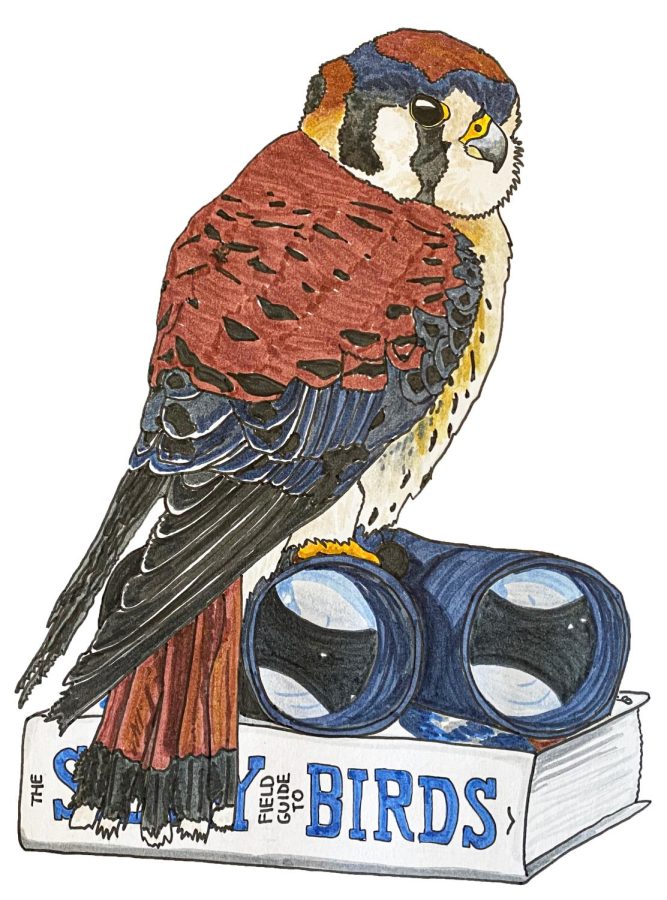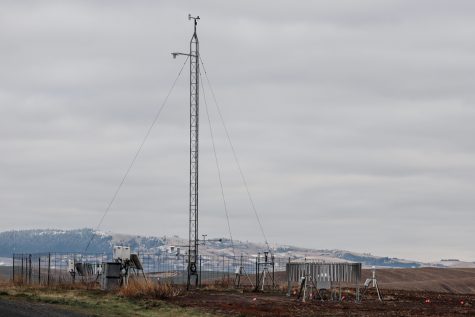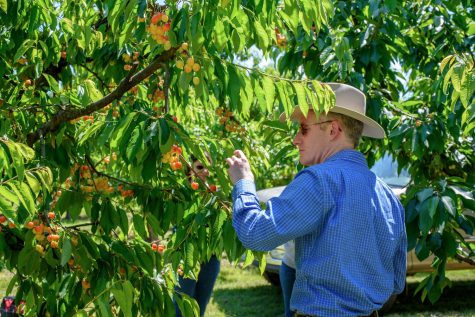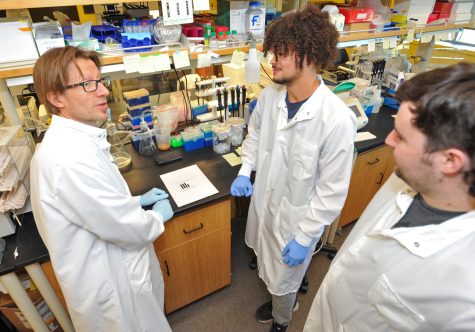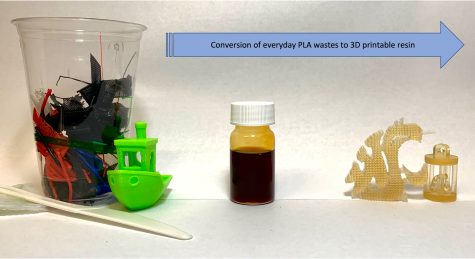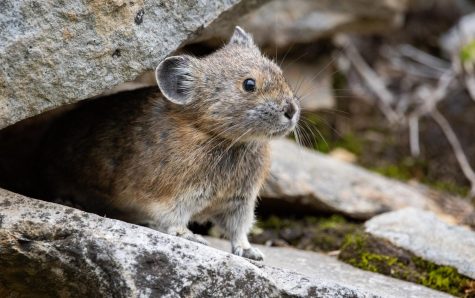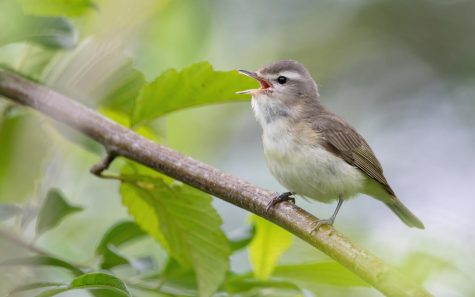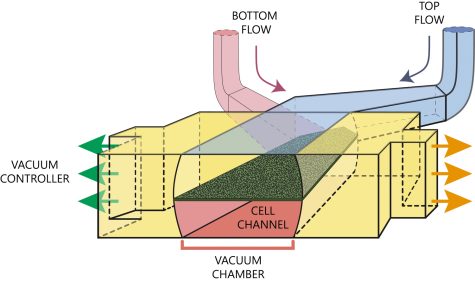Participate in citizen science with Great Backyard Bird Count
Contribute your bird sightings to research fueling bird conservation
All that is required for successful participation is 15 minutes of bird watching.
February 17, 2022
Feb. 18-21 is the annual Great Backyard Bird Count. Take part in worldwide citizen science, fueling research to conserve bird species and habitats around the globe.
Cornell Lab of Ornithology founded GBBC in 1998 to gather data on wild bird populations in the United States, according to Birdcount.org, the program’s official website. In 2009, Birds Canada partnered with Cornell Lab to expand GBBC to Canada, and in 2013 GBBC went global thanks to eBird.
eBird is the Cornell Lab’s online citizen science database, providing information on bird species identification, distribution and conservation status, according to the Cornell Lab. Today, the Cornell Lab, Birds Canada and the National Audubon Society are working together to make GBBC a successful event every year.
This year marks the event’s 25th anniversary, according to Birdcount.org. Its two-and-a-half decades of data collection have made important discoveries. Last year set a record for participants: Over 300,000 people submitted their bird sightings.
The Great Backyard Bird Count collects data submitted from citizen scientists to determine the distribution of thousands of bird species, according to Audubon. However, from that data, a myriad of scientific discoveries can be made. The impacts of sudden weather systems and warming temperatures, both markers of climate change, are impacting birds’ movements and migrations.
Data from last year’s count revealed some bird species were migrating almost a month earlier than expected, according to Birdcount.org.
Another standout year was 2014, which revealed an irruption, a sudden change of population density in a species, of snowy owls ranging farther south than usual, according to Audubon.
By analyzing GBBC data, Cornell Lab is gaining ground on how to lessen the impacts of climate change on birds and protect threatened species, according to Birdcount.org. Keep in mind that although the count only lasts four days, the researchers use the data it brings in for the entire year and years to come. Data collected by citizen scientists fuels the conservation of birds, their habitats and the other species that depend on them.
What is a citizen scientist? You! Anyone who wants to participate in GBBC can. All that is required is 15 minutes of bird watching and tallying, according to Birdcount.org. However, you can participate and submit as many checklists as you like.
Though you can participate alone, it is much more fun to look for birds with a friend or two. For help identifying birds, use a bird guide, binoculars, a birding app or, best of all, the guidance of an experienced birder. Both Audubon and Cornell Lab have excellent birding apps. My preferred birding aids are the Cornell Lab’s free Merlin Bird ID app and “Sibley Birds West: Field Guide to Birds of Western North America”
Despite its name, the GBBC does not confine you to your backyard, according to Cornell Lab. Feel free to count birds whenever and wherever you see them: At your house, on campus, along a favorite hiking trail. Then, go online and submit your count checklist to eBird.org. You can also use the free, intuitive eBird Mobile app, which is what I prefer.
During GBBC, visit the official website Birdcount.org to view submitted checklists in real-time on a live map. You can see how many checklists have been submitted from your town, your state or anywhere in the world. Results and detailed reports from past years are also available. On the same website, you can share your photos and learn more about how GBBC is working to create a better future for birds.
Take joy this weekend in being a part of global research, no matter where you are, from the woods to your yard to the comfort of your couch! To declare your contribution to bird conservation efforts, you can download a participation certificate on the GBBC website to share on social media or hang on your wall.

